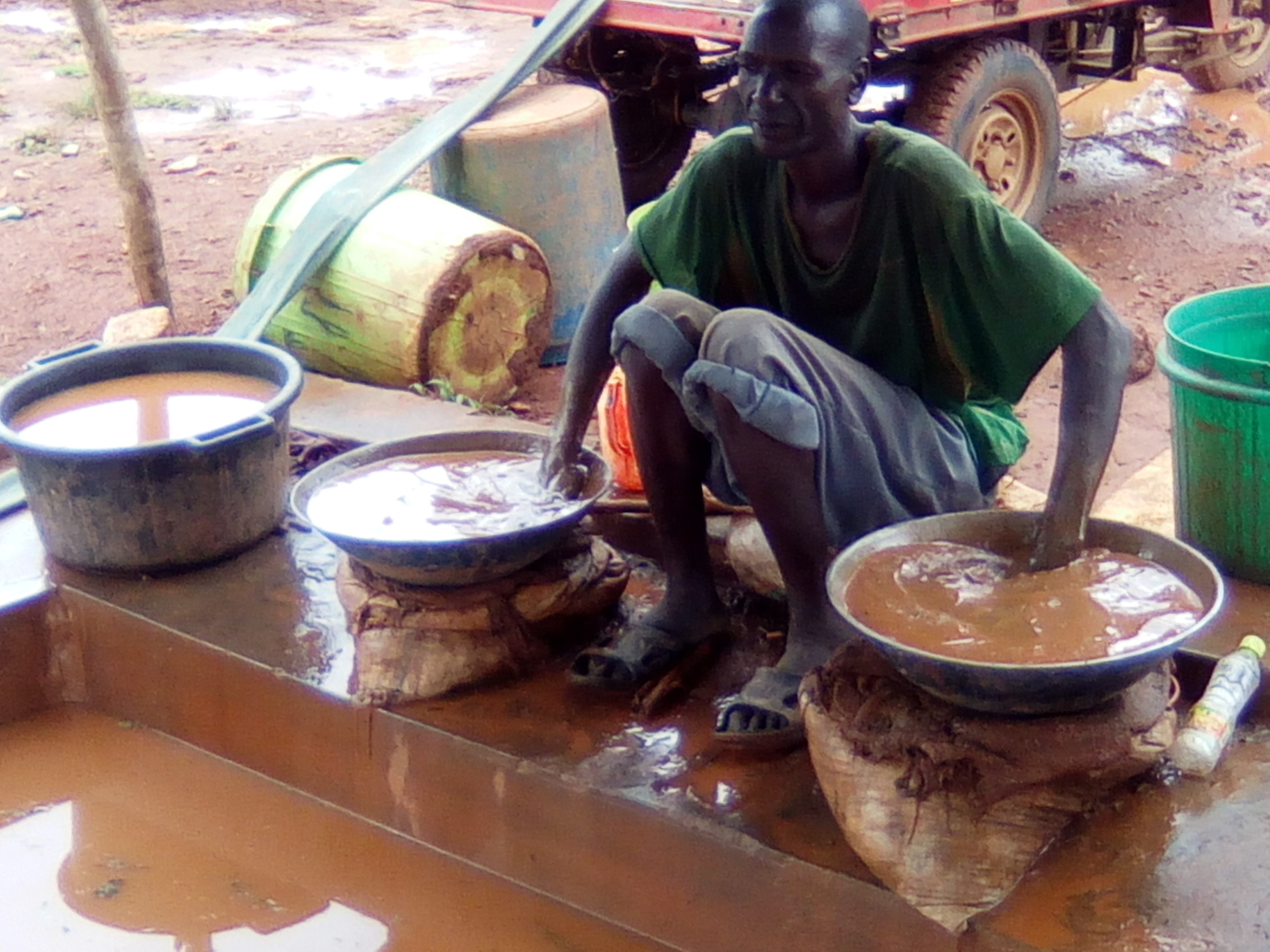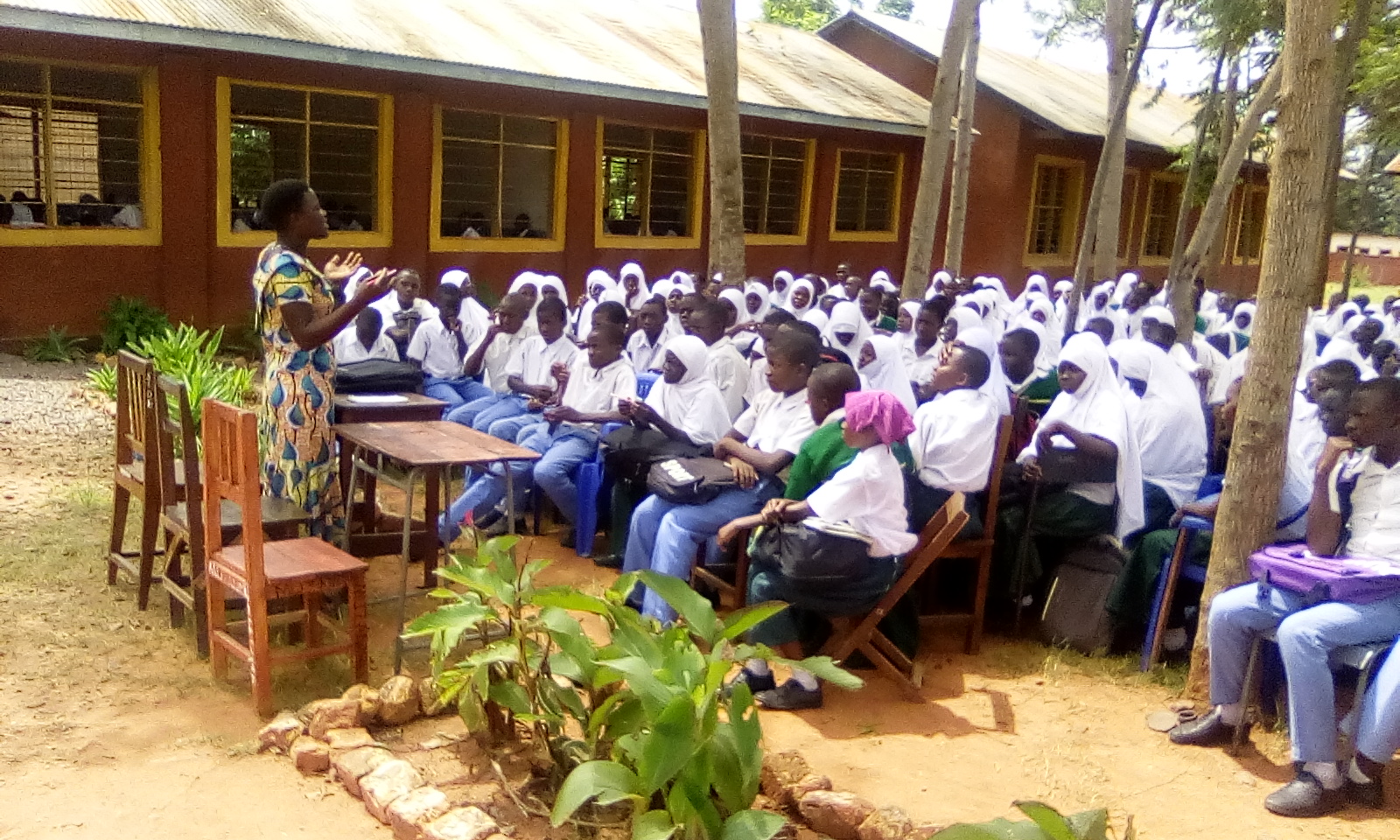Get to know the newest member of our global coalition: Tanzania Women Empowerment in Action (TAWEA). From exposing human rights abuses linked to deforestation, child labour and mercury-contaminated water, to advocating for refugees’ rights to handwashing facilities amid Covid-19, TAWEA’s work is varied and vital.
Tanzania Women Empowerment in Action (TAWEA) is a non-governmental, non-profit organisation that assists marginalised and vulnerable groups in obtaining social rights and improved public services. Based in Kigoma-Ujiji municipality, we participate in a number of projects that highlight water, sanitation and human rights issues in Tanzania’s Kigoma and Geita regions.
In 2019 we conducted a study on land and human rights issues in Kagera-Nkanda and Mvinza villages adjacent to protected areas in Makere South Forest Reserve and Moyowosi Game Reserve, Kigoma. The study formed part of a project that was supported by the European Union (EU) and implemented by International Peace Information Service (IPIS), Business and Human Rights Tanzania (BHRT) and the Tanzanian Commission for Human Rights and Goods Governance (CHRAGG).
The study reveals that reserve officers carried out beatings, confiscated farmers’ properties and committed other human rights violations during law enforcement. We learnt that local courts opened over 70 criminal cases associated with encroachment, deforestation and poaching, while community members lamented that law enforcers were oppressing poor villagers. Villagers also reported that they were not given the opportunity to participate in the redrawing of boundaries and redistribution of land to hunting tourism companies, who rent over 2,500 square kilometres of Makere South Forest reserve.

We shared the findings of our report during Tanzania’s annual conference on business and human rights. We recommended community-based conservation initiatives to protect the Malagarasi river – which passes through the reserve and feeds Lake Tanganyika, the second deepest freshwater lake in the world – as well as participatory boundary setting and land relocations to help solve disputes between villages and conservation authorities. Our study was published in Voices from Tanzania.
In 2017-2019, TAWEA and other civil society organisations investigated small scale mining practices in north west Tanzania. Supported by the Belgium Development Corporation (BTC) and implemented by International Peace Information Service (IPIS), we documented a number of human rights abuses such as child labour and mercury use during gold processing in rivers adjacent to mining areas. As well as contaminating the surrounding environment, mercury threatens the health of nearby communities who use the polluted water for drinking and domestic needs. We recommended training, alternative gold harvesting technologies, and accountability mechanisms to address these issues.
TAWEA has joined various networks such as the Tanzania Water and Sanitation Network (TAWASANET), Open Data Charter, ECPAT International, Women’s Global Network for Reproductive Rights (WGNRR Africa), the Tanzania Human Rights Defenders Coalition and End Water Poverty to address issues around civic space and human rights, such as access to quality, adequate water and sanitation.
Along with other civil society groups in Kigoma, we impart knowledge of water, sanitation and hygiene (WASH) to students in primary and secondary schools. Through increasing awareness and teaching girls menstrual hygiene management, we boosted students’ confidence and helped improve their academic performance.

More recently, we worked with TAWASANET to distribute reading materials to prevent the local spread of COVID-19. Our strategic plan, supported by Tanzania Human Rights Defenders Coalition (THRDC), stresses the importance of water and sanitation services. As Kigoma is home to over 200,000 refugees, we are developing initiatives to improve water and sanitation services in Nyarugusu refugee camps in Kasulu district. We use media outlets and civil society to reach communities with services and amplify their voices when claiming their rights.
To conclude, TAWEA will continue to work with local and international collaborators in addressing water and sanitation services for marginalised groups, whether they are students, refugees or mining communities. We call on the government to act by investigating human rights violations in Makere South Forest Reserve and Moyowosi Game Reserve as well as by improving the availability of affordable, reliable water and sanitation services in Tanzania.
To learn more about TAWEA’s work, follow them on Twitter, Facebook and Instagram.